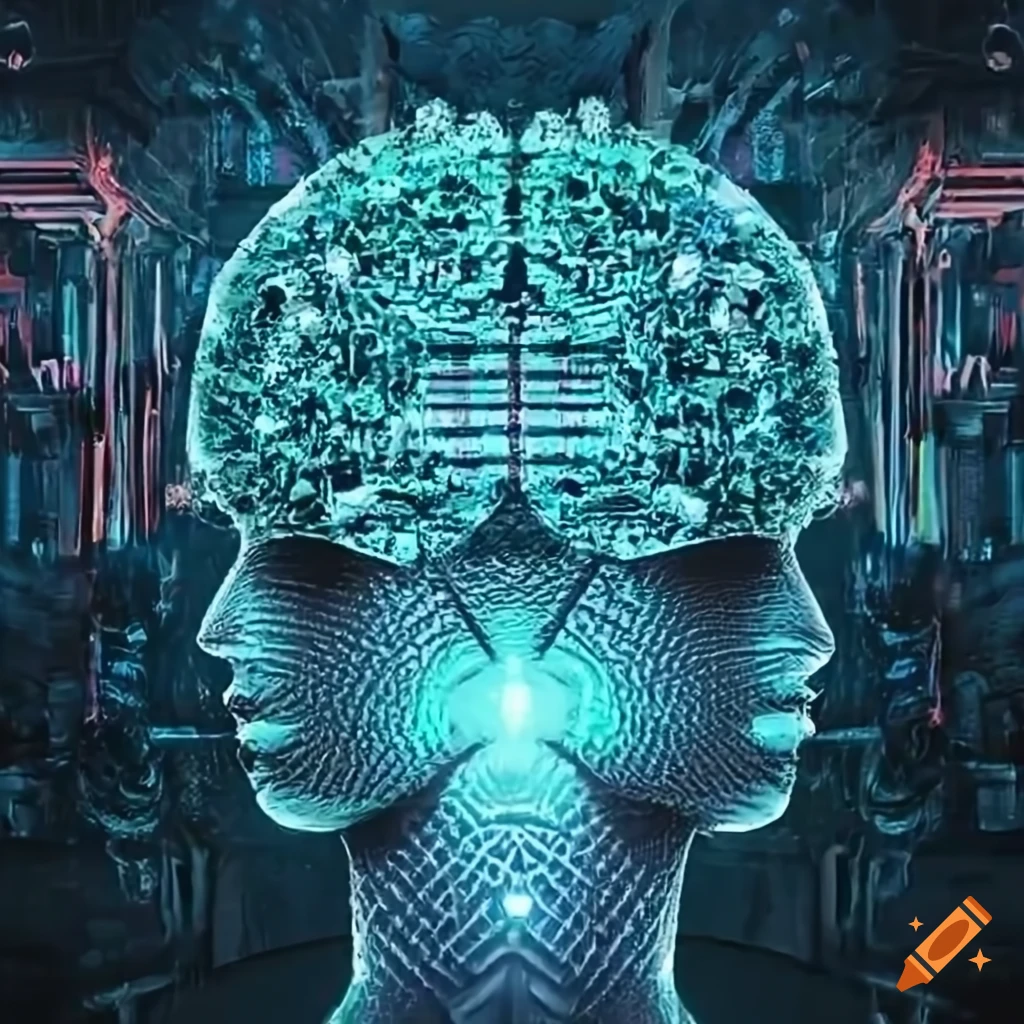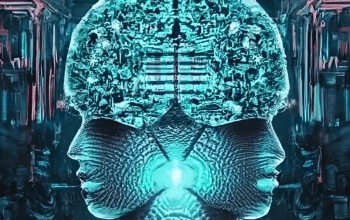The cornerstone of meritocracy, rewarding individuals based on their efforts and abilities, has seen heated debate throughout history. While lauded for promoting social mobility, its potential to create new hierarchies and ethical dilemmas cannot be ignored. Thinkers like Young, Sandel, and Wooldridge have tackled these complexities, offering both cautionary tales and reform proposals. However, the arrival of Artificial Intelligence (AI) introduces a paradigm shift, fundamentally altering the landscape of meritocracy.
AI’s disruptive influence manifests in six key ways:
- Undermining Human Merit: AI’s ability to surpass human capabilities in tasks and decision-making challenges the very foundation of merit. OpenAI’s Sora stands as a stark reminder that creativity is no longer the exclusive domain of humans. This raises critical questions: Will traditional measures of merit become obsolete as AI performs tasks traditionally deemed “intelligent”? Does this redefine the meaning of “merit” itself?
- Technology Access as the New Divide: Access to AI tools becomes the new determinant of advantage, potentially eclipsing individual ability. Merit may no longer reflect one’s own efforts but their access to cutting-edge technology. This risks creating a stratified society where privilege, rather than individual effort, dictates success.
- Amplifying Existing Biases: AI trained on biased data can perpetuate and amplify societal inequalities. Imagine AI-powered recruitment tools replicating historical prejudices, further disadvantaging marginalized groups. This necessitates careful scrutiny of training data and proactive measures to mitigate bias in AI systems.
- Job Displacement and Polarization: Automation powered by AI threatens to displace jobs, pushing the workforce towards either high-skill/high-wage or low-skill/low-wage roles. This polarization could exacerbate socioeconomic disparities, leaving those lacking access to specialized education or training trapped in low-paying jobs.
- Opaque Algorithms and Accountability: The “black box” nature of many AI algorithms raises concerns about transparency and accountability. If individuals cannot understand how AI decisions are made, how can they be held accountable for their merits? This lack of transparency poses a significant threat to the core principles of meritocracy.
- Data Hegemony and Defining Merit: Tech giants with vast data troves hold the power to define what constitutes merit in the digital age. This “data hegemony” could marginalize innovative players lacking access to similar datasets, stifling diversity and competition. Ultimately, it raises questions about who controls the definition of merit and the potential consequences of concentrated power in the hands of a few.
In conclusion, AI’s impact on meritocracy demands a critical analysis that goes beyond simplistic pronouncements of progress or doom. We must delve into the complex interplay between technology and societal structures to ensure that AI augments, rather than undermines, the core principles of meritocracy.


